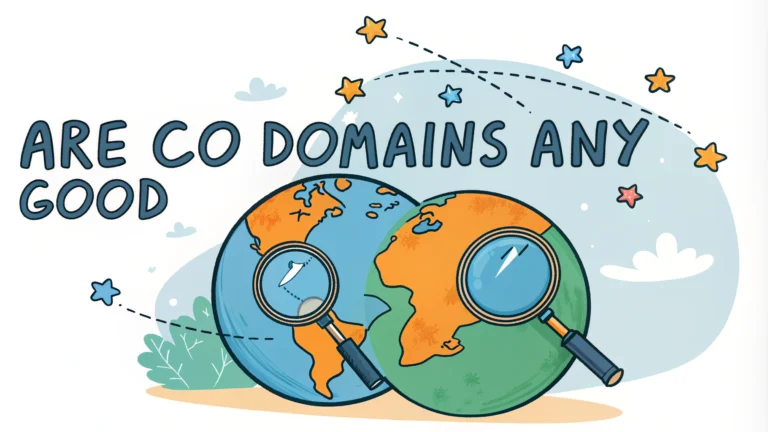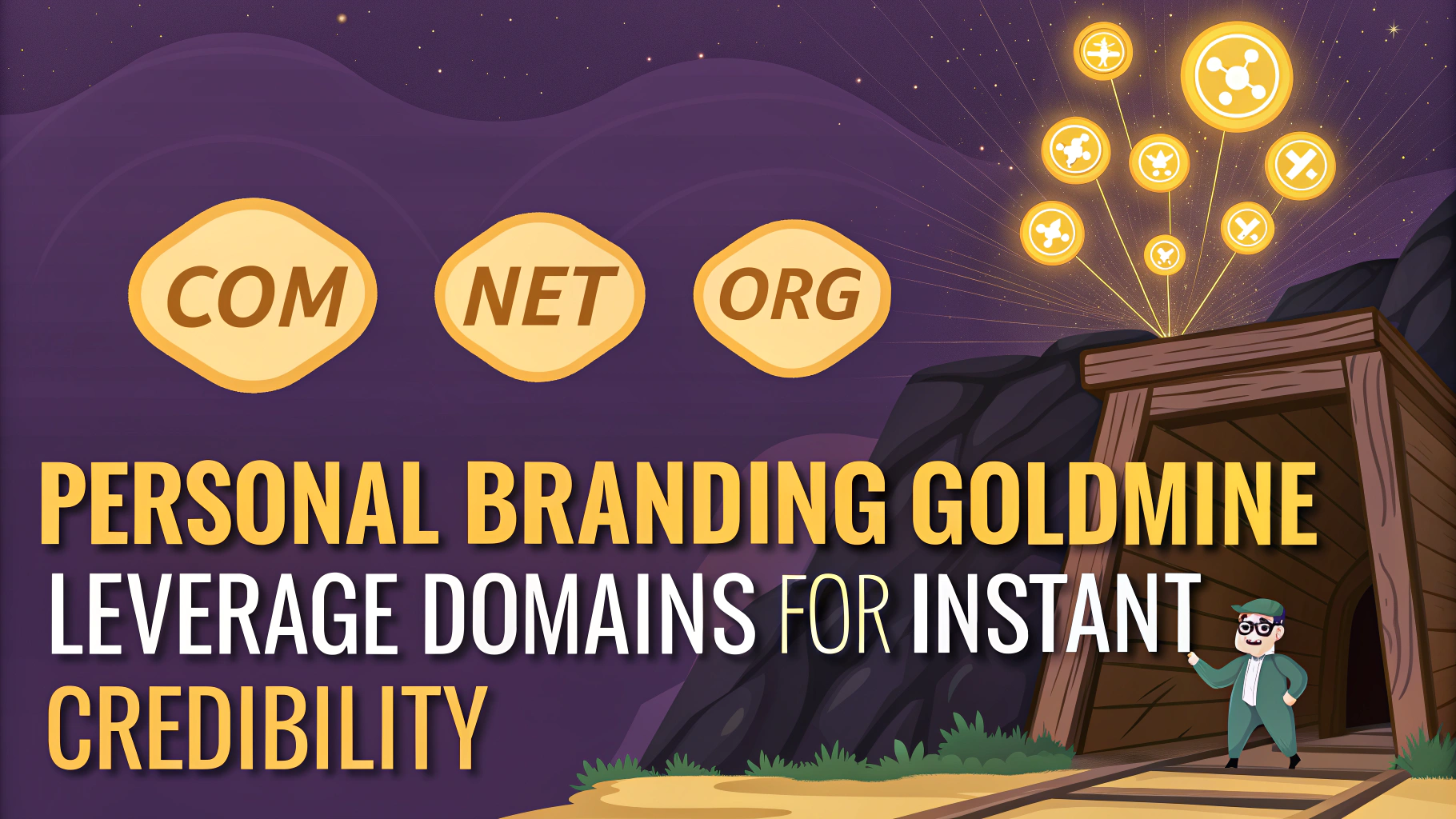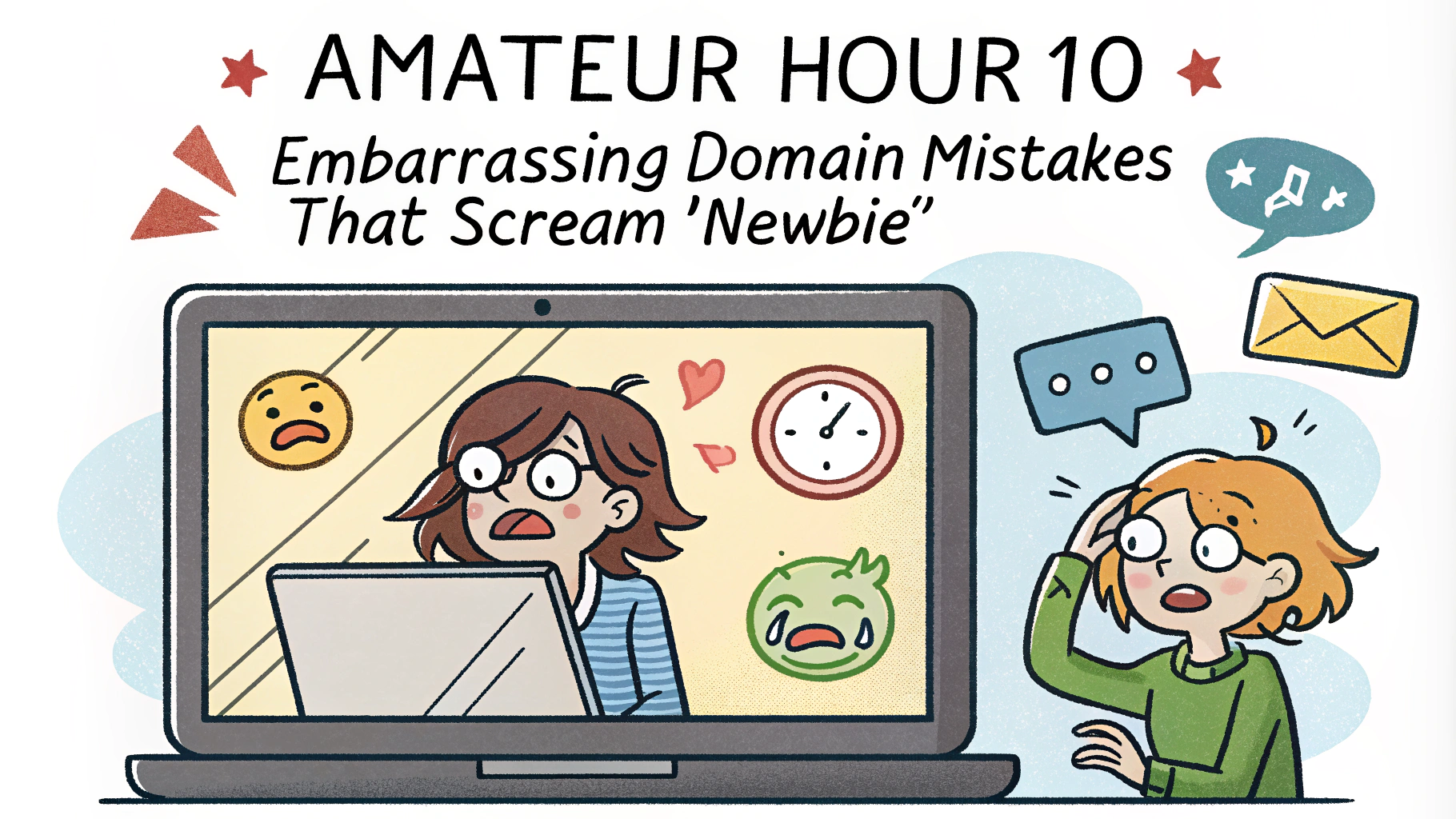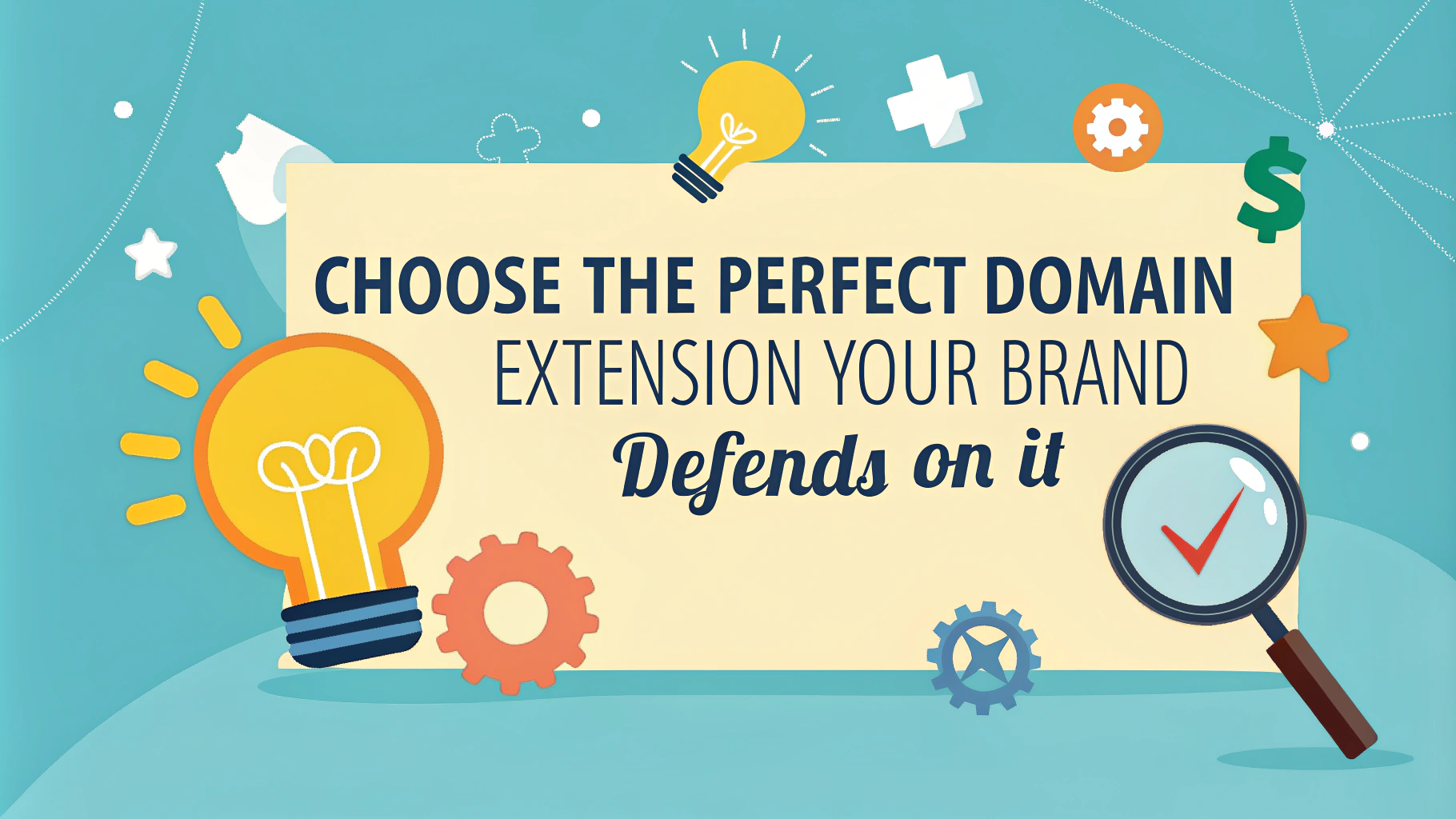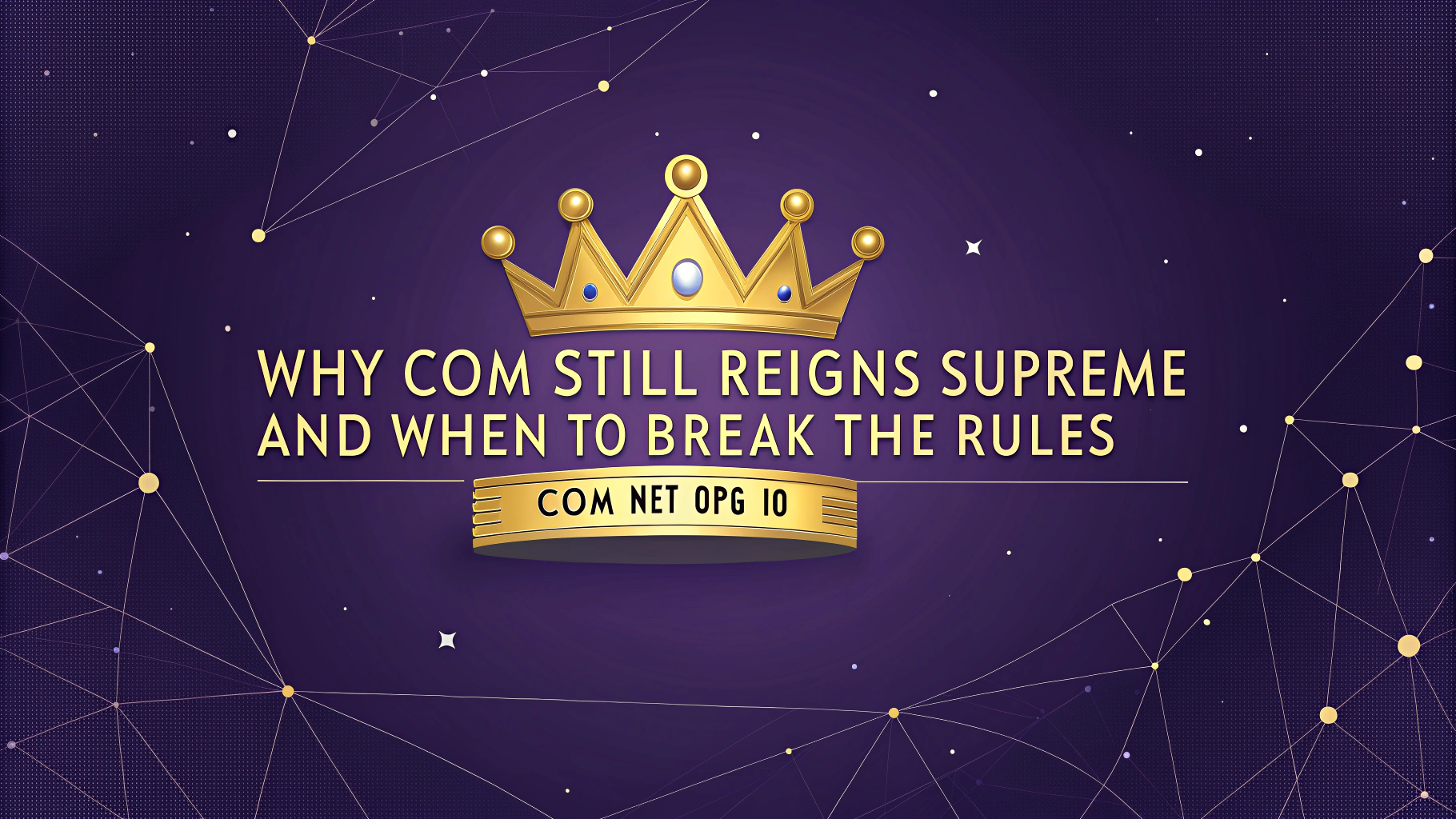There’s a lot of confusion over .co (dot co) domain names and whether they are a good domain extension to use for a website or blog.
Most people are familiar with regular .com’s and never even knew .co’s existed.
Others may have come across it being used by another site and passed it off as some strange exotic domain. Web savvy geeks will recognize it as the Country Code Top-Level Domain (ccTLD) for Columbia.
When searching for a domain name, the preferred choice is almost always to go for .com’s (unless .org’s suit you better as an organization or you are a locally focused business/site and find that your country level domain extension is more suitable).
Unfortunately, with over 160 million dot coms registered already, the name you want may already be taken by someone else. Domain registrars often show alternative suffixes that are still available to be registered, and this is often when buyers come across .co as an option.
This is when the question arises – is .co a good domain name?
The short answer is yes.
The longer answer is, it depends.
What’s Good about Dot Co (.co)?
There are many reasons why it is an increasingly used and sought after alternative to .coms:
- Similarity: with only a one letter difference, .co is the closest you can possibly get to a .com (.cm and .om just can’t compare)
- Short: short domains are easier to remember. Normally, this applies to the name part rather than the domain extension. But .co’s are definitely memorable.
- Pronounceable: a top quality domain has to be easy to pronounce and there’s no denying how dot-co just rolls off the tongue.
- Meaningful: similar to .com’s, there are a number of very suitable meanings for ‘co’ to make it perfect for a business/tech website – company, commercial, commerce, computer.
What is a .co Extension & What does it Mean?
.co stands for Columbia, it is the Country Code Top-Level Domain (ccTLD) for Columbia. Similar to .fr for France, and .it for Italy, there are over 200 country level domains with 2 letters denoting each country.
Compared to Genetic Top-Level Domains (gTLDs) ie. com, net, org domains – which do not have any geographic focus, ccTLDs are designed to target specific countries for user expectations and SEO.
By default, most ccTLDs (with exceptions) result in Google using these to geotarget the website; it tells us that the website is probably more relevant in the appropriate country.
— Google Search Central Blog
.co is a gccTLD / ccTLD treated as a gTLD
Over the years a lot of webmasters started using ccTLDs for generic websites, either because they felt the ccTLD was unique/memorable (ie. .cc .ws .gg) or the site’s content was particularly suited to the extension (ie .tv .me .fm).
This meant that the search engines shouldn’t treat such sites as locally focused.
In 2013, Google announce that it would be treating more ccTLDs as generic TLDs (.ad .as .bz .cc .cd .co .dj .fm .gg .io .la .me .ms .nu .sc .sr .su .tv .tk .ws) – hence the name generic ccTLDs or gccTLDs.
Generic Country Code Top Level Domains (ccTLDs): Google treats some ccTLDs (such as .tv and .me) as gTLDs, as we’ve found that users and website owners frequently see these more generic than country-targeted. Here is a list of those ccTLDs (this list may change).
— Google Search Central
The .co web extension is one of these country level domains that has been reclassified to have a broader generic, global use.
Are co Domains Good for SEO?
Since they are now classified as a gccTLD, search engines do not consider them to be primarily focused on Columbia.
For SEO purposes, they are regarded as a gTLD and sites built on them are regarded in the same way as .com’s, so they are just as good to get high rankings in the search results.
Similarly, just as they are not worse for SEO, they’re also not better in any way.
Why are dot co Domains so Expensive?
Compared to .coms, it is understandable how .co domain prices are considered expensive.
Although domain name registrars generally have promotions to discount prices for registrations, renewals or transfers, the list price for dot cos are about $25 which is roughly twice as much as dot coms which are between $10 to $15.
And since .com’s are much better than .co’s, it is easy to see how webmasters feel that .co’s price is overly pricey.
The .co registry (which sets the list prices) explains that the price was purposely set higher so that domain speculators do not bulk register all the good names like they did with dot coms. However, critics claim that the steeper price also generates more revenue for the registry.
In many ways, the .co pricing is not expensive at all:
- Registration price normally discounted below $10 – as part of the registry’s pricing strategy, the effective .co domain registration price is normally below $10 which is on par with or cheaper than .com’s and most of the other domain extensions.
- Renewal/Transfer prices at $25/year – this is a very reasonable price (at $2/month) and it is much less than most of the new GTLDs .
- Price vs Available Quality – when comparing to .com’s, the key thing to bear in mind is the availability of quality names. Dot coms may be cheaper, but what’s the point if most of the half decent names are all taken already? A more balanced comparison should take into whether users are able to register a name they want.
- One of a kind – all things considered, .co prices are actually quite attractive.
Should I Buy a co domain?
If you searched for a dot com which is not available and have been presented with the same name that can be registered as a .co, you’ll be wondering – is co domain worth buying?
Here are a few things worth considering to help make up your mind:
- Perfect Alternative to .com: if you see the merits of the domain suffix for your site and are excited that the exact name you want hasn’t been taken yet, go ahead to snap it up. It’s definitely worth buying.
- Research & Reflect: if you’ve just come across it and are overwhelmed by all the possible alternatives to .com, then don’t worry, take a day or two to research further and sleep on it. If the .co name hasn’t been taken for so many years, in all likelihood it will still be around tomorrow.
- Not Sure if it’s the Best Option: if you need some time to make the decision, what should you do? It depends on the quality of the name and your financial circumstances. For a good name, just buy it as $10 isn’t much to lose even if you don’t end up using it.
Are co Domains Worth It?
Yes and no.
Just like any web extension, it’s worth buying if there’s value in the particular name. The issue is knowing how to tell if a name is any good and not so much about the extension.
If the exact name you want for your business is taken in .com and many other extensions already, but still available to register as a .co, it may make sense to register it immediately.
Even if you’re in two minds about using it, and the .co is only one of three options in your shortlist, it’s still worth buying for $10. Even if you don’t use it, it can still be a defensive registration.
Should I Use a .co Domain for my Website?
Thousands of successful business sites and blogs are built on dot co domain names. But is .co the best option for your website?
These are some key points to consider:
- .co domains have many good qualities – they’re short, relevant for companies and commercial sites, affordable and the closest extension you can get to the one and only dot com.
- .co domains are safe & trustworthy – the .co web extension is well-managed and due to the slightly higher pricing, it tends to have sites that put it to legitimate use, without being swarmed by shady sites that often use cheap disposable extensions.
- No SEO issues – .co domains are a gccTLD generic and have global reach so there aren’t any issues with SEO even though they’re technically designated as the country code for Columbia.
- Confusion with .com’s – a potential downside of being so similar to .com is that people may feel your website address has been spelled wrong when seeing the .co ending. Together with typing mistakes, this may result in people going to the .com equivalent of your site’s name. This is unavoidable and may not be as much of an issue depending on your users.
- Progressive Image – depending on your target audience, using a .co may show you’re an new and innovative brand that’s unique. Newer extensions are increasingly used by startups and accepted by millennials and web savvy people.
- Local Audience – if your site is focused on a particular country, then the country level domain may be better than a dot co, especially if you’re targeting the general population who may be more familiar with the local extension.
Who Uses .co Domains
If you’re thinking of choosing a .co domain name for your site and want some reassurance that there are credible businesses using it, then take comfort in the fact that:
- Twitter (t.co) – Twitter uses the t.co domain as part of a service to protect users from harmful activity, to provide value for the developer ecosystem, and as a quality signal for surfacing relevant, interesting Tweets.
- Amazon (a.co) – Forwards to Amazon.com

